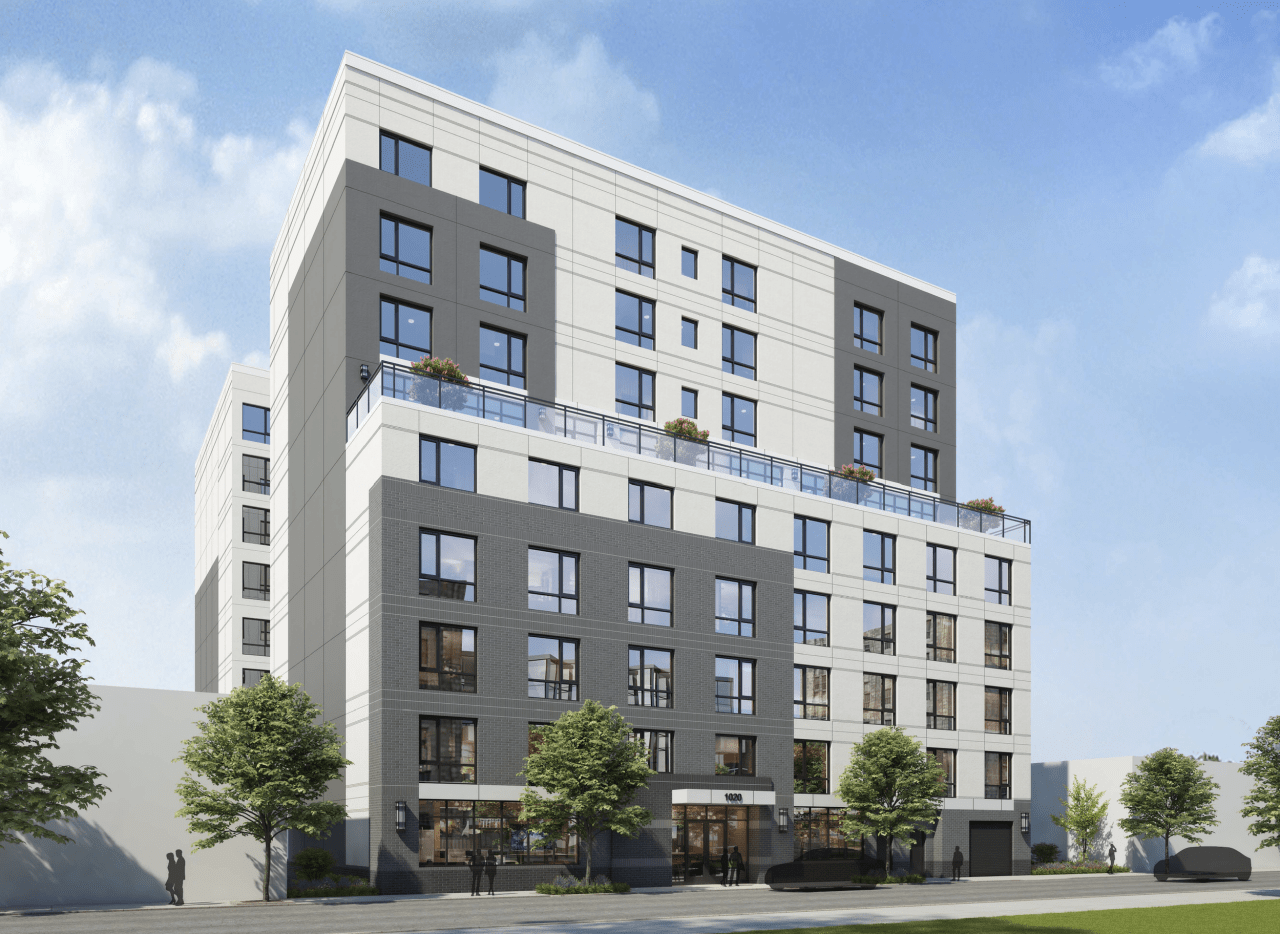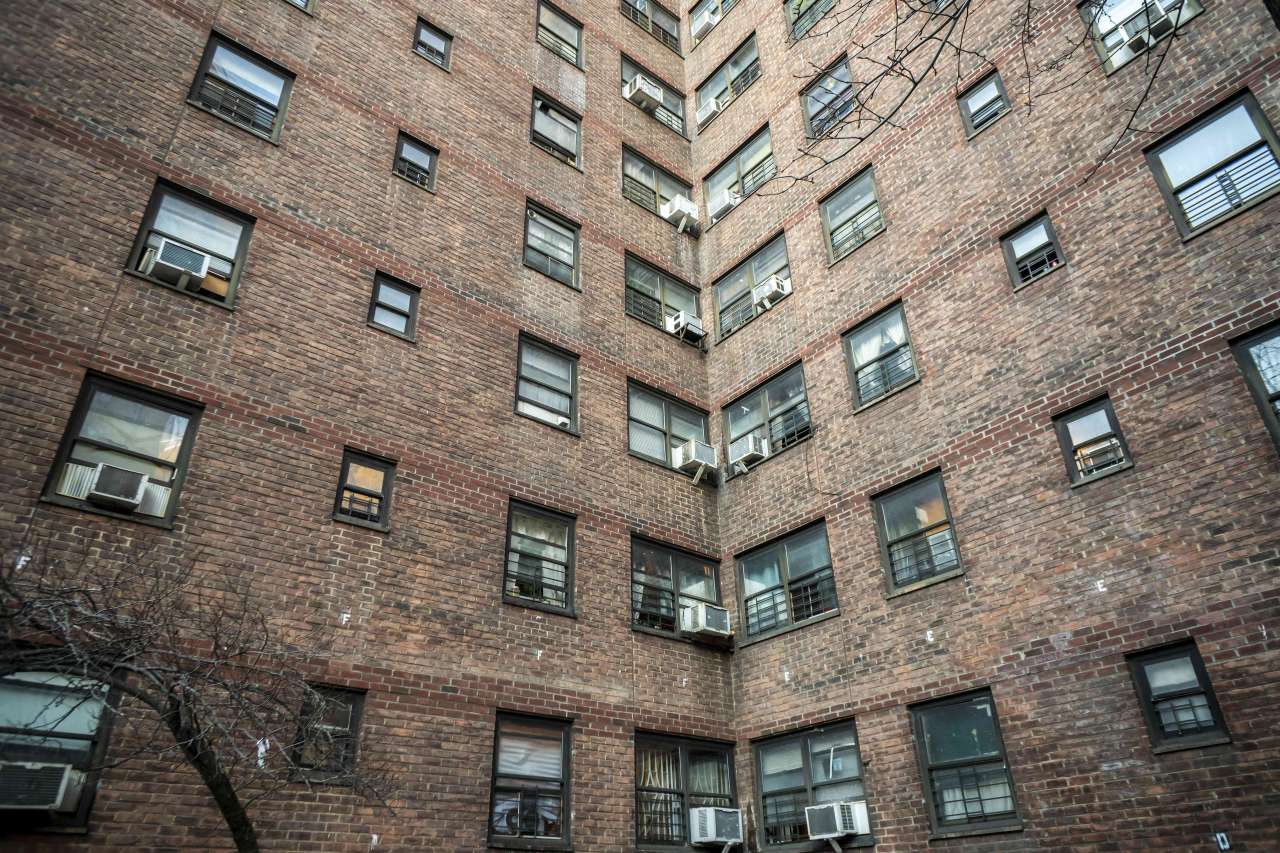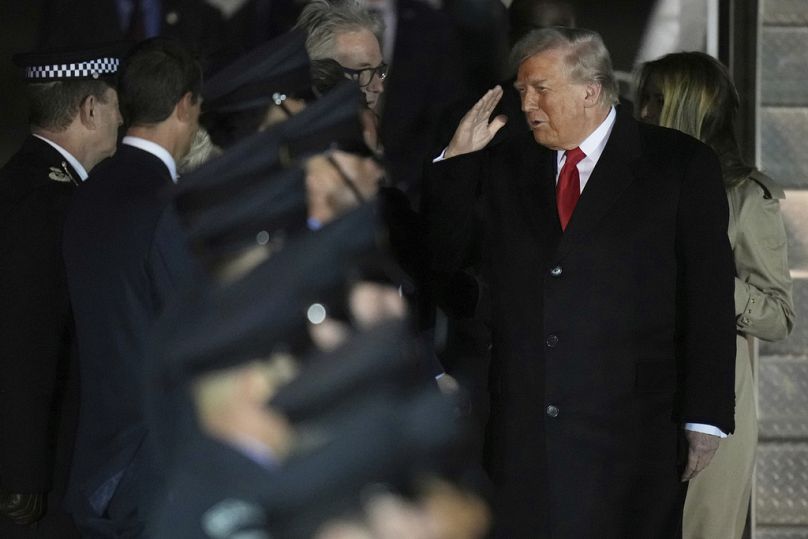
The Trump administration is proposing a $27 billion cut to federal programs that provide rental assistance to low-income individuals.
The proposed 43% cut in these programs is creating enough uncertainty that some lenders are already pulling back, stalling new affordable-housing projects.
That is the case for Jeff Fox. In June, the New York City-based real-estate developer was on track to start construction on a senior affordable-housing facility in Queens, N.Y., by the fall.
Then New York's housing-development department called with bad news. The July round for Section 8 housing subsidies was going to be "indefinitely postponed" because of a lack of HUD funding this year and the prospect of President Trump's proposed further cuts for next year.
Fox, who relies on this federal voucher program to fund his projects, said his Queens development is now on hold.
"No one knows what's going to happen, so rather than overcommit, they're pumping the brakes," he said.
The House Appropriations Committee last week removed Trump's plan to overhaul these rental assistance programs, but that has not stopped the Trump administration from pushing ahead.
The Department of Housing and Urban Development, which provides funding to local governments for low-income housing, is continuing to meet with congressional leaders to lobby for these changes, a spokeswoman said. The Senate Appropriations Committee is scheduled to conduct its own assessment of Trump’s proposed budget on Thursday.
The $27 billion cut would be part of an overall 44% reduction to HUD's budget intended to reduce government spending.
"We want to be lean and mean, not bloated and bureaucratic," HUD Secretary Scott Turner said at a June Senate hearing.
More than five million people across the U.S. use Section 8 vouchers to pay at least part of their rent. The vouchers are most heavily used in states such as New York and California, where housing costs are skyrocketing for renters and owners.

Landlords and developers say these budget cuts would reduce a crucial source of revenue for affordable apartments, making it harder to maintain and pay debt on their properties.
About $50 billion of multifamily loans purchased by Fannie Mae and Freddie Mac between 2018 and 2023 would be at risk of default, according to an analysis by the New York Housing Conference, a nonprofit affordable-housing advocacy group.
"It would be destabilizing to the entire housing system," said Rachel Fee, executive director of the New York Housing Conference.
Some affordable-housing lenders say they are already slamming on the brakes.
We're definitely gun-shy" about using HUD funding, said Deborah La Franchi, chief executive of investment fund manager SDS Capital Group. "This is only going to make that worse.
As lenders retreat, housing developers have been forced to stall or cancel new projects due to the threat of budget cuts, said Noah Hale, managing director of development at national developer Fairstead.
Michael Dury, chief executive of lender Merchants Capital, said he has seen several affordable-housing deals face delays because of the proposed HUD budget cuts and lenders' "fear of will the money be there?"
The Trump administration has delivered some victories to the housing sector in the new tax law. A provision in the law makes it easier for developers to access the Low-Income Housing Tax Credit, the federal government’s largest program for incentivizing affordable housing.
This LIHTC expansion could spur more than one million new affordable units over the next decade, according to a Novogradac analysis. The law also made permanent Opportunity Zones and the New Markets Tax Credit, programs that aim to promote new development in low-income areas.
"It's a huge, huge win for the industry," said Dury of Merchants Capital.
Still, without voucher programs like Section 8, developers say that newly built housing could be left without necessary operating revenue.
The proposed budget cut "completely contradicts" the victory on LIHTC, said Amy Albery, chief executive of affordable-housing developer Wallick. Nearly all of her firm's 10,000 affordable-housing units use some kind of HUD housing assistance to finance their loans.
A HUD spokeswoman said the administration "will ensure there are proper safeguards to protect the integrity" of the federal government's mortgage-insurance fund.
Write to Rebecca Picciotto at Rebecca.Picciotto@wsj.com







0 komentar:
Posting Komentar